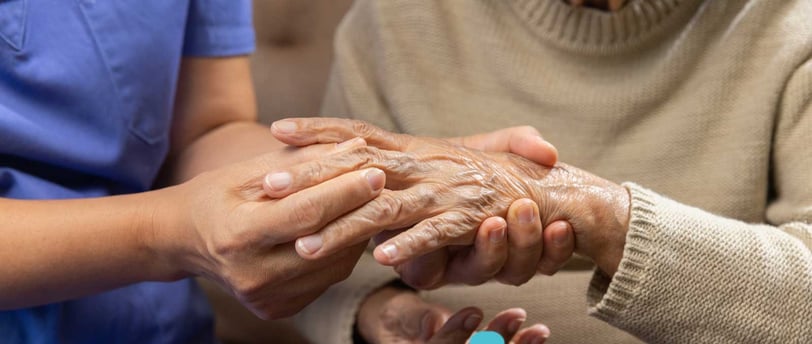RESPITE - The need for parents and carers to nurture and heal
By Russ Maher RN BSc (Hons) Cardiac, BeingWELL.Me founder Abstract: This article explores the critical importance of respite care for family parents and/or carers, examining the hidden toll of constant caregiving on physical and emotional health. Drawing from nursing experience, it addresses caregiver burnout symptoms, the essential nature of self-care, and practical strategies for incorporating respite into caregiving routines. The article emphasizes that taking time for oneself isn't selfish but necessary for sustainable, high-quality care delivery. BeingWELL.Me's philosophy centers on nurturing both parents/carers and loved ones equally, with THRIVE respite programs designed to support all ages—from young to old—while ensuring care provided is appropriate and doesn't negatively impact health or medication/therapy regimes.
RESPITE & CARER SUPPORT
5/11/20252 min read


Caregiving is one of the most challenging yet rewarding roles a person can undertake. Whether you're caring for an aging parent, a spouse with a chronic illness, raising a child with special needs, or a loved one recovering from surgery or trauma, the physical and emotional demands can be overwhelming. Despite the deep love that motivates parents and/or carers, the reality is that caring for another person requires immense energy, patience, and resilience.
At BeingWELL.Me, we understand that both parents/carers and their loved ones—regardless of age—need nurturing and healing. Our philosophy recognizes that the wellbeing of both parties is interconnected and essential for optimal outcomes. Respite care isn't about stepping away from your responsibilities—it's about recognizing that your wellbeing directly impacts the quality of care you can provide. Think of it like oxygen masks on an airplane: you must secure your own mask first before helping others.
The Hidden Toll of Constant Caregiving
Many parents and/or carers experience what we call "caregiver burnout." The symptoms are varied but unmistakable:
Chronic fatigue and sleep deprivation
Increased irritability or emotional outbursts
Physical health problems from neglecting self-care
Social isolation as all time becomes dedicated to caring duties
Depression or anxiety from the constant stress
These symptoms don't emerge because parents and/or carers lack dedication or love—they arise because human beings have limits, and those limits must be respected and honored.
Why Respite is Essential, Not Selfish
Taking time for yourself isn't abandoning your loved one; it's ensuring you can continue to be there for them in the long term. Regular respite allows parents and/or carers to:
Recharge physically: Sleep, exercise, attend to personal health needs
Process emotions: Grief, frustration, and worry need outlets beyond daily caregiving tasks
Maintain perspective: Distance can help maintain empathy and patience
Preserve identity: Remember who you are beyond your role as a parent/carer
Strengthen relationships: Nurture connections with family and friends
Practical Approaches to Respite
Respite doesn't always mean week-long vacations. It can be as simple as:
A few hours while a family member takes over care duties
Professional respite care services for a day or weekend
Adult day programs that provide social interaction for your loved one
Online support groups where you can connect with others who understand
Making Respite a Priority
Start small and be realistic. Even 30 minutes of uninterrupted time daily can make a difference. Consider creating a respite schedule with other family members or friends, sharing caregiving responsibilities whenever possible.
BeingWELL.Me's THRIVE Respite Programs
BeingWELL.Me THRIVE programs are specifically designed to support parents/carers and loved ones of all ages simultaneously. Whether you're caring for a child with disabilities, an elderly parent, or anyone in between, our approach ensures that:
All THRIVE recommendations are safe and complementary to existing medical treatments
Care strategies don't negatively impact medication or therapy regimes
Symptom relief techniques benefit both parties across all age groups
Parents/carers can feel confident that their care is appropriate and supportive
Remember, your wellbeing is not separate from your loved one's care—it's integral to it. By nurturing and healing yourself through BeingWELL.Me's dual-focused THRIVE programs, you ensure that you can continue to be the compassionate, capable parent/carer your loved one needs while maintaining the health and healing of both parties.
The need for respite isn't a weakness; it's a recognition of your humanity and a commitment to sustainable, loving care that benefits everyone involved—young and old alike.












